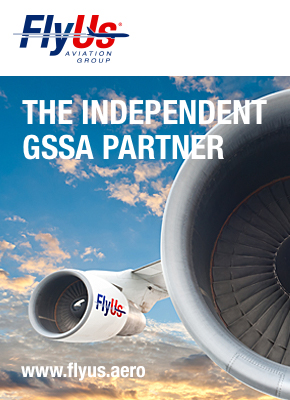
Airports came under fire from the air cargo community in a no-holds barred debate at the Air Cargo Handling conference in Paris. Despite the theme of partnership, both handlers and carriers expressed their dissatisfaction with airports who have little interest in cargo operations.
“The two most important things to airports are real estate and shops,” said Olivier Bijaoui, president and CEO of Worldwide Flight Services. “The only guy at the airport who remembers me is the real estate guy, because I pay the rent. But they don’t think: ‘I should get more of these businesses in because I’ll rent out more space’.”
Only two airports in Europe were noted for their dynamic processes – Schiphol and Brussels. Interestingly, both are situated in markets with little or no domestic industry. Others, including London Heathrow, Charles de Gaulle and JFK were branded “a disgrace”.
“We’ve been met with stony silence from the airport and Customs in London on our ideas for cargo,” said one handler.
While airports focus on the passenger market, several speakers made the point that many flights passing through metropolitan airports are justified by airlines only on the basis of the amount of cargo in the belly. Without the cargo, the flight wouldn’t be viable. “We need to show airports our contribution,” said one delegate.
Steven Polmans, head of cargo at Brussels Airport, agreed. “Passengers make more money. But you can get more back from a small cargo investment, and we see cargo as a tool with which to grow our business.”
The conference chairman, the inimitable Chris Notter, head of cargo handling for Etihad, opened the event with his usual style, with delegates being treated to a chorus of “Always look on the bright side of life”. The initial focus, despite the challenging market conditions, was on positivity and partnership.
Collaboration is key to helping the air cargo industry act more like the integrators, said Bala, manager global operations cargo for Emirates. He appealed for individual companies across the chain to act as an industry, rather than as a shipper, or forwarder, or handler.
Handlers however, identified a big challenge to overcome in collaborating: airlines. Ross Morino, divisional vp of Dnata, said: “The problem is that the procurement guys at the airlines don’t look at quality. They have to take the cost out, and they are the only contact with the ground handler. But, if we spoke to the cargo experts at the airline, we could take some of the costs out by developing a service together. Ground handlers shouldn’t be the industry’s whipping boy.”
His remarks were backed by Mr Bijaoui, who added: “Some airlines are looking for partnerships. But through their purchasing departments they put the pressure on, and talk about nothing except price. The cargo guys talk cargo. Procurement talks price. It’s a shame, but there’s nothing we can do.”
Bijaoui, whose company WFS yesterday announced its merger with Aviapartner, said he could see more consolidation coming to the handling industry.
Sources close to the deal said the integration would be “challenging”.



